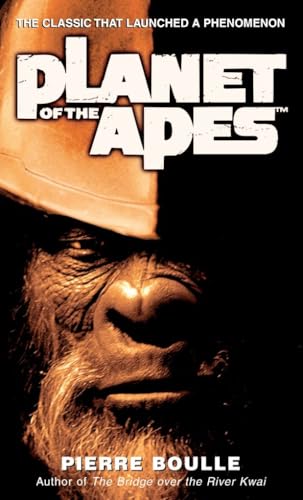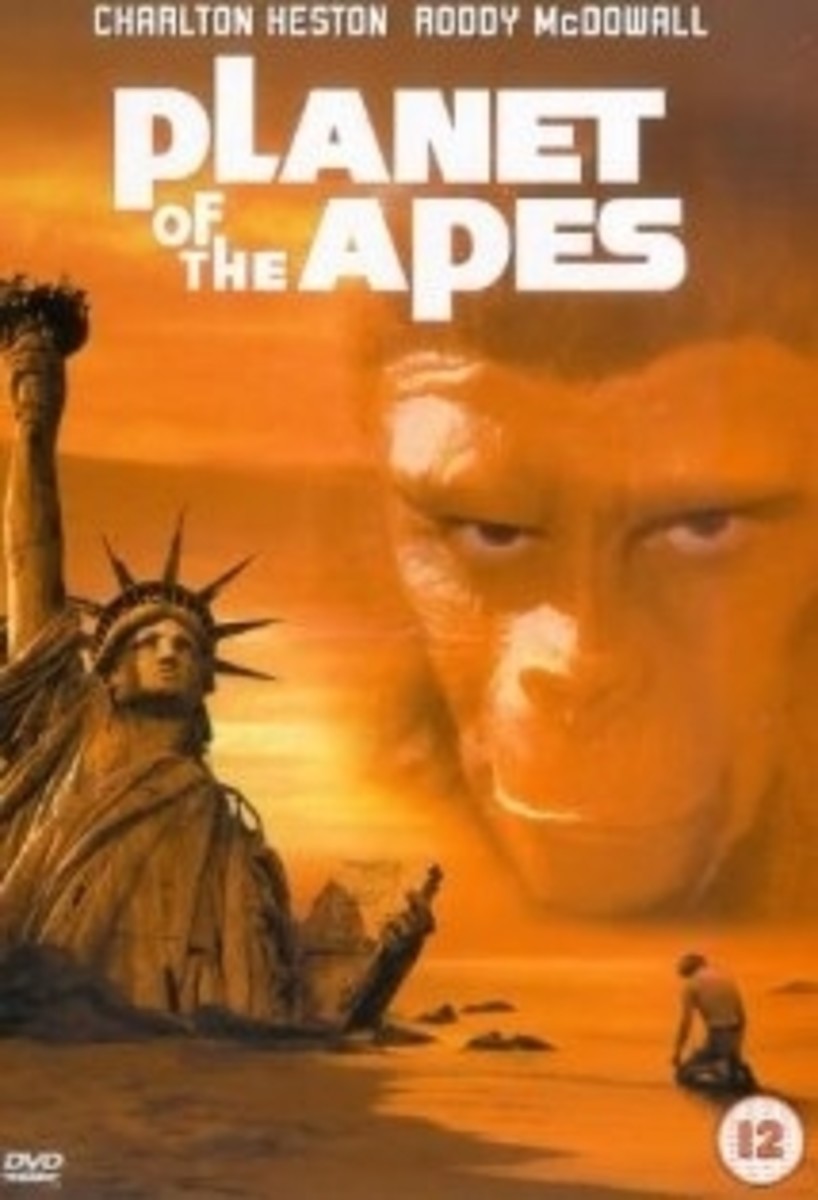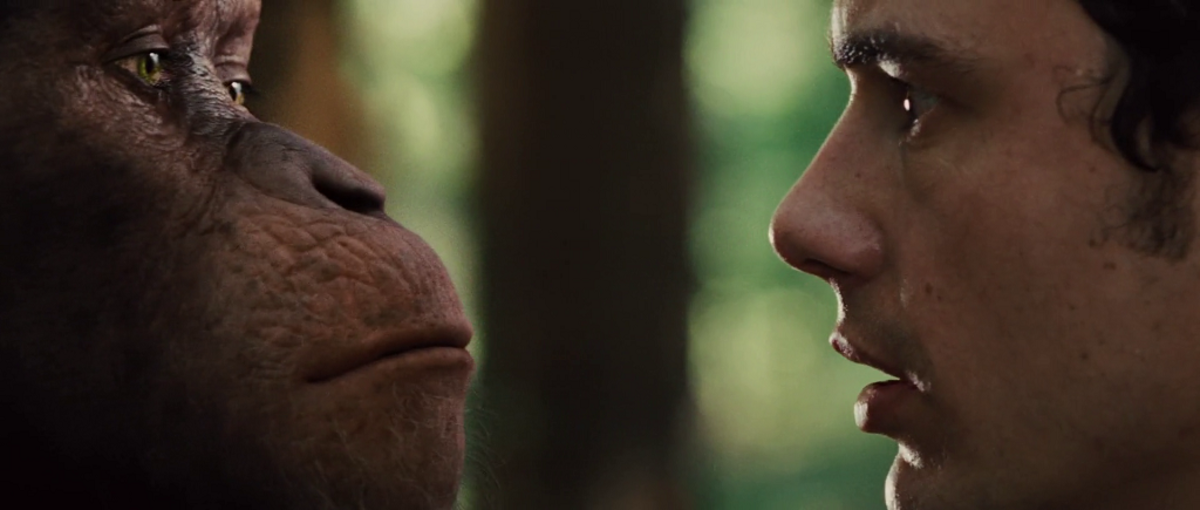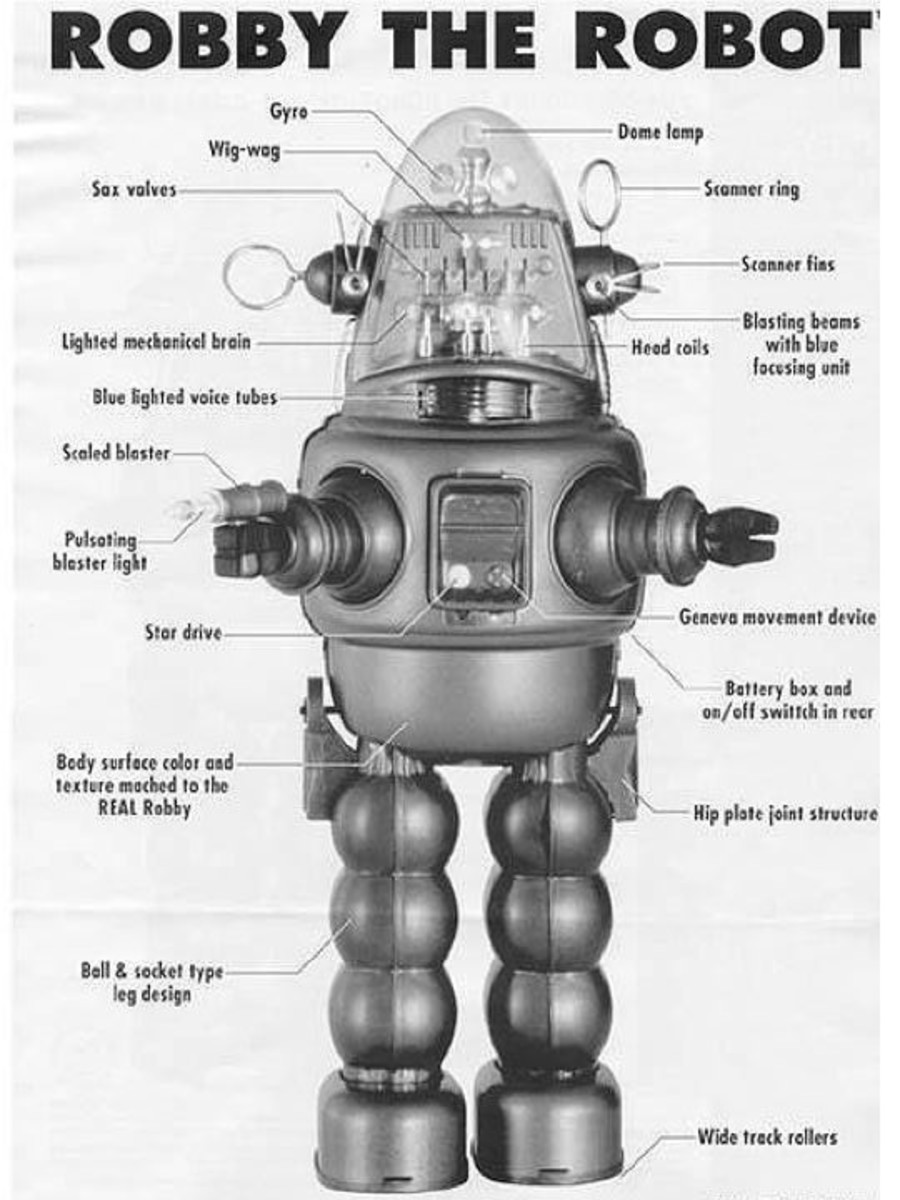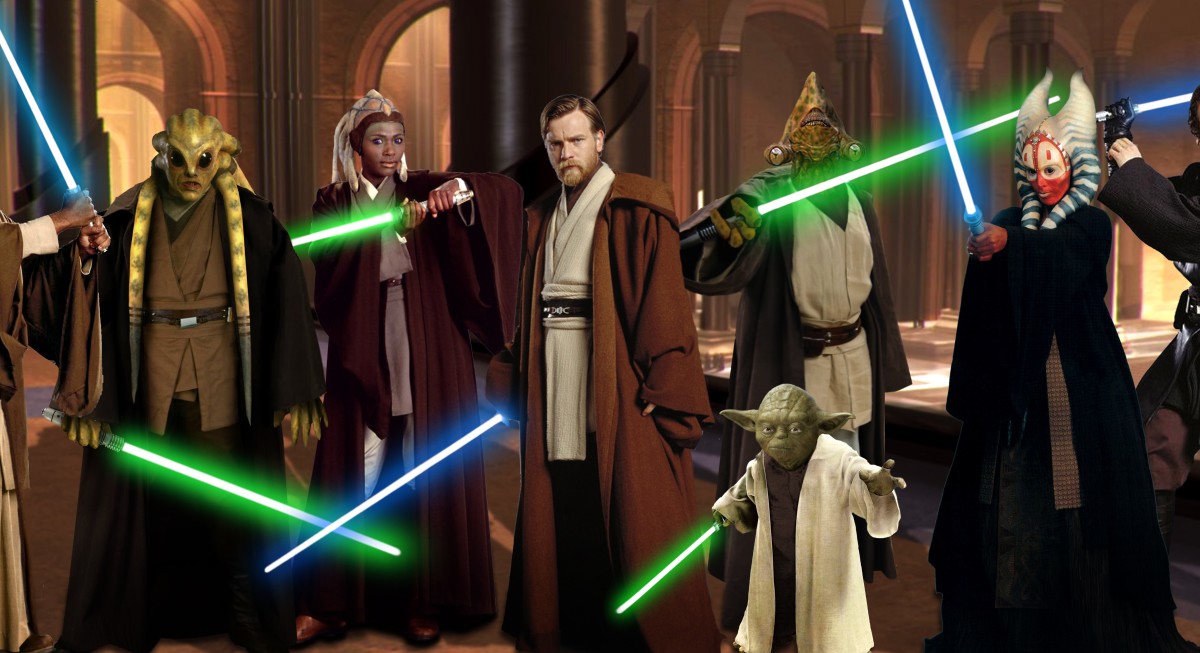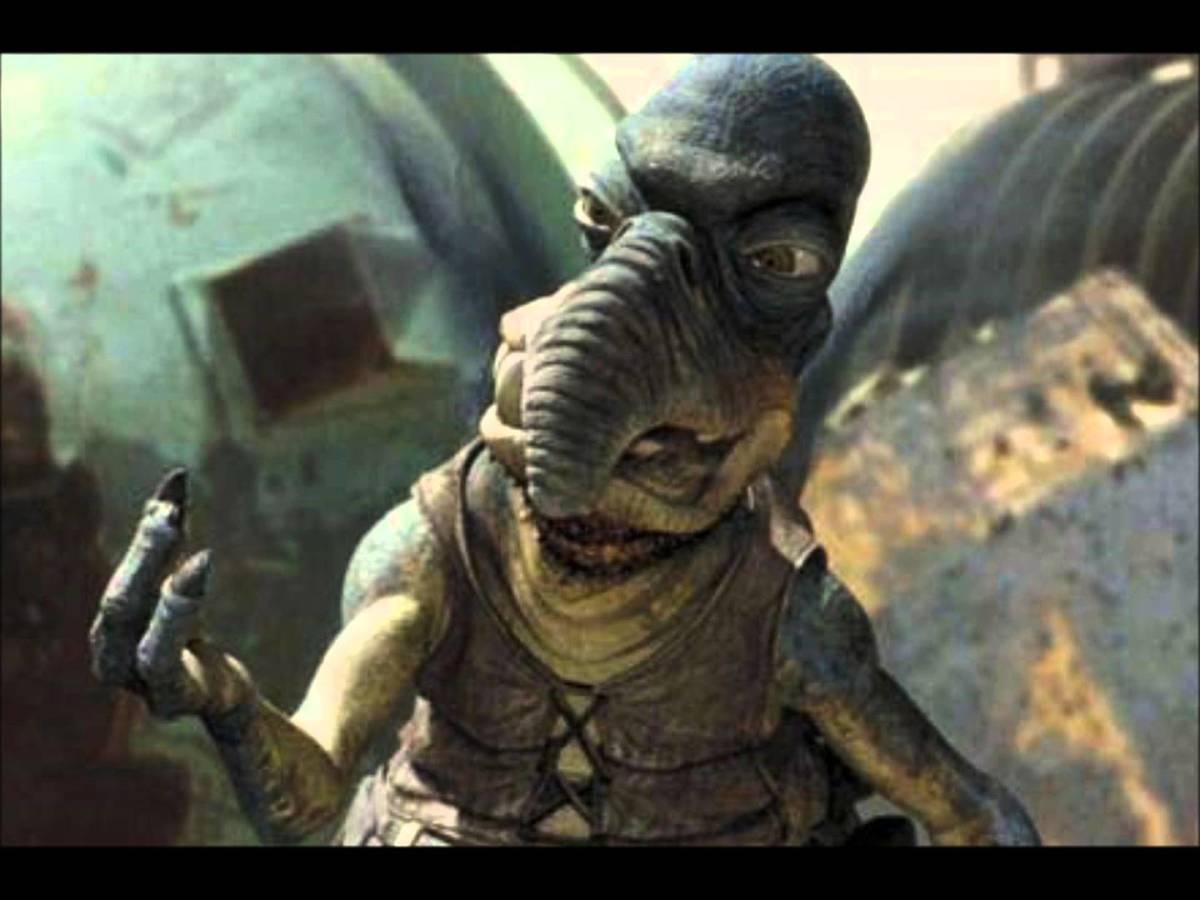- HubPages»
- Entertainment and Media»
- Movies & Movie Reviews»
- Science Fiction & Fantasy Films
Planet of the Apes is a genre to itself
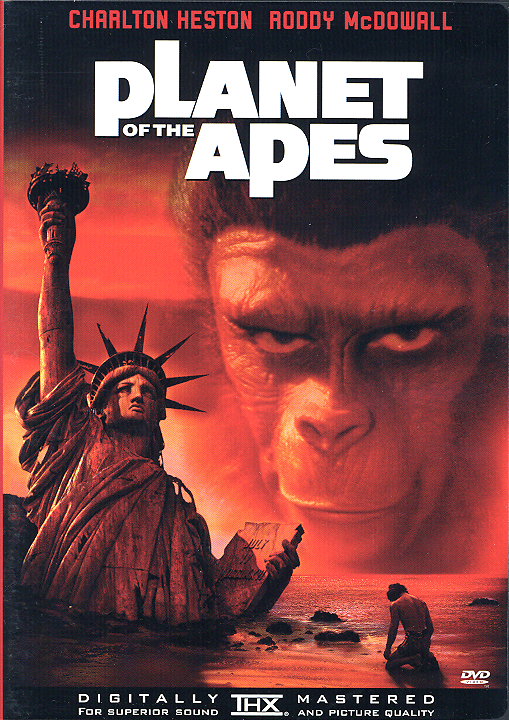
Okay, so to kick off my new series of hubs regarding sequels, prequels, remakes and redos, what better movie to select than one that has spawned pretty much all of the above?
Planet of the Apes was released in 1968, based on a French book by Pierre Boulle. It went on to produce a sequel (Beneath the Planet of the Apes - 1970) and three movies that are part sequel, part prequel (Escape from the Planet of the Apes - 1971; Conquest of the Planet of the Apes - 1972; and Battle for Planet of the Apes - 1973). Then, in 1974, there was one season of a live action "Planet of the Apes" series, then a season of "Return to the Planet of the Apes," an animated series. In 2001, there was the ill-received Burton remake, Planet of the Apes, and just later this year, I have great hopes for Rise of the Planet of the Apes.
And that's just the stuff you can buy on DVD and Blu-ray.
But back to the original.
What exactly is it in that first movie that causes Hollywood to keep returning to it? We've seen post-apocalyptic movies before. We've seen mankind downtrodden and treated like dirt.
I think it is the very concept that just sings to us. If apes are man's closest cousins, genetically, then what exactly differentiates the two? Man from mammal? Ape from Adam? It's easy for us to content ourselves with the thought that it's our use of speeching and our big-normous intellects. But what if that was suddenly no longer a dividing line?
The movie follows an astronaut named George Taylor (Charlton Heston) who leaves Earth in the year 1972 with a small group of astronauts. They're on a trip in the direction of the constellation Orion at near light speed. There is an accident and they crash land on a strange planet in the year 3978. They soon discover a human-like race that can't speak and lives like animals. There is also a civilization of apes that hunt the humans for sport and experiment on them.
The movie forces the viewer to re-contextualize some of their previous assumptions. And there is plenty to re-think regarding what it is to be the "dominant" form of life on the planet. What rights do you have? What responsibilities?
And the makeup is just superb, though it's fairly standard by today's reckoning. The show "Mystery Science Theater 3000" even had the character Professor Bobo that regularly pulled off the same makeup trick that they spent months developing for this movie.
Still, you can't argue with results. And if you compare it with the standard "man in a monkey suit" technique, it's elegantly convincing.
And it has one of the most iconic endings in cinema ever. And that ain't nothing to sneeze at.
Now, when I talk about the Tim Burton "re-imagining," I'll have even more to say regarding the way that the book was adapted to make this movie, but for now, I think I've made my point.
I give this one 9 / 10.
Planet of the Apes is rated G, though by today's standards, it would definitely get a higher rating. It has a little bit of language, but I'm thinking mainly of two scenes where you see bare man bum. They're quick, but blatant.

